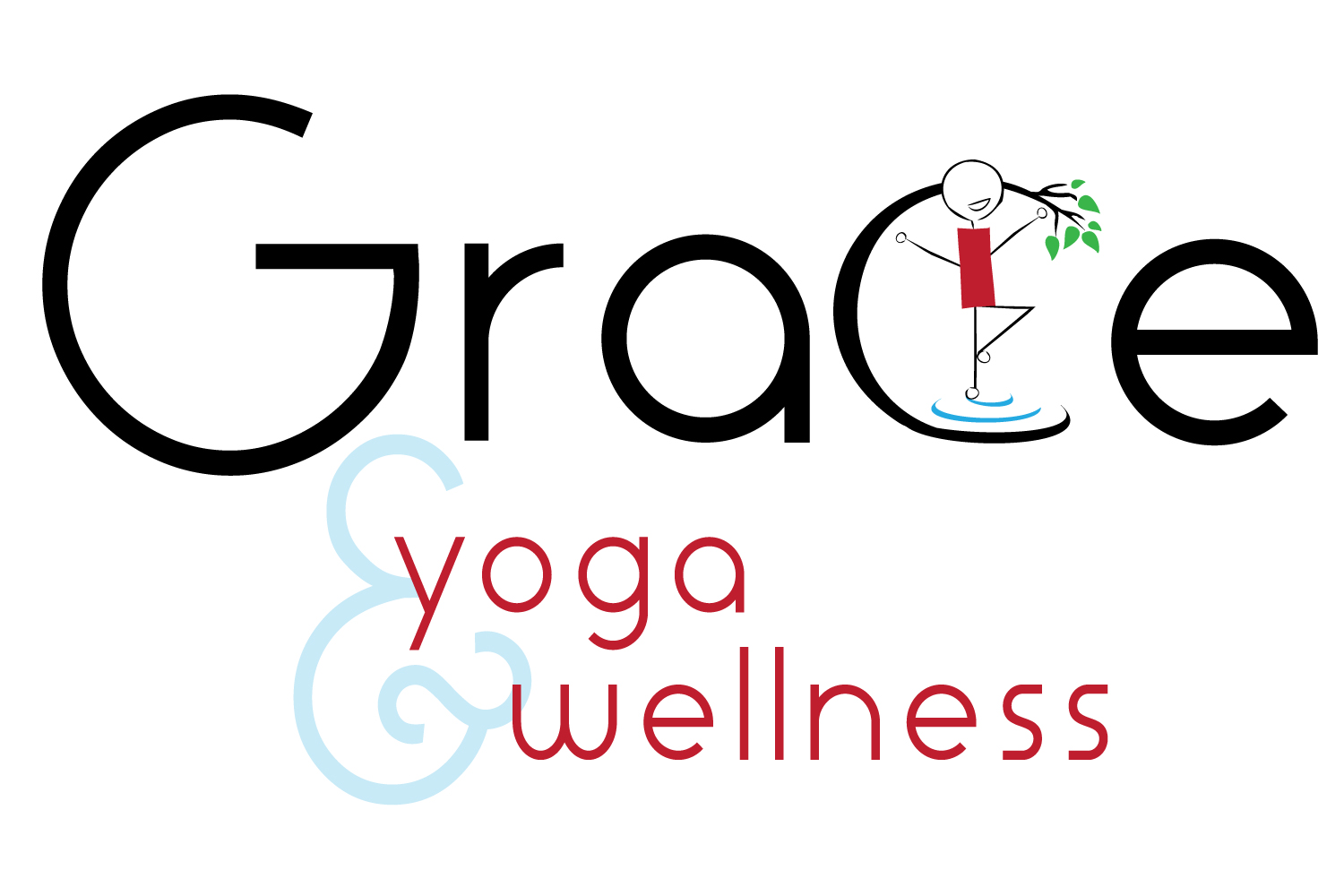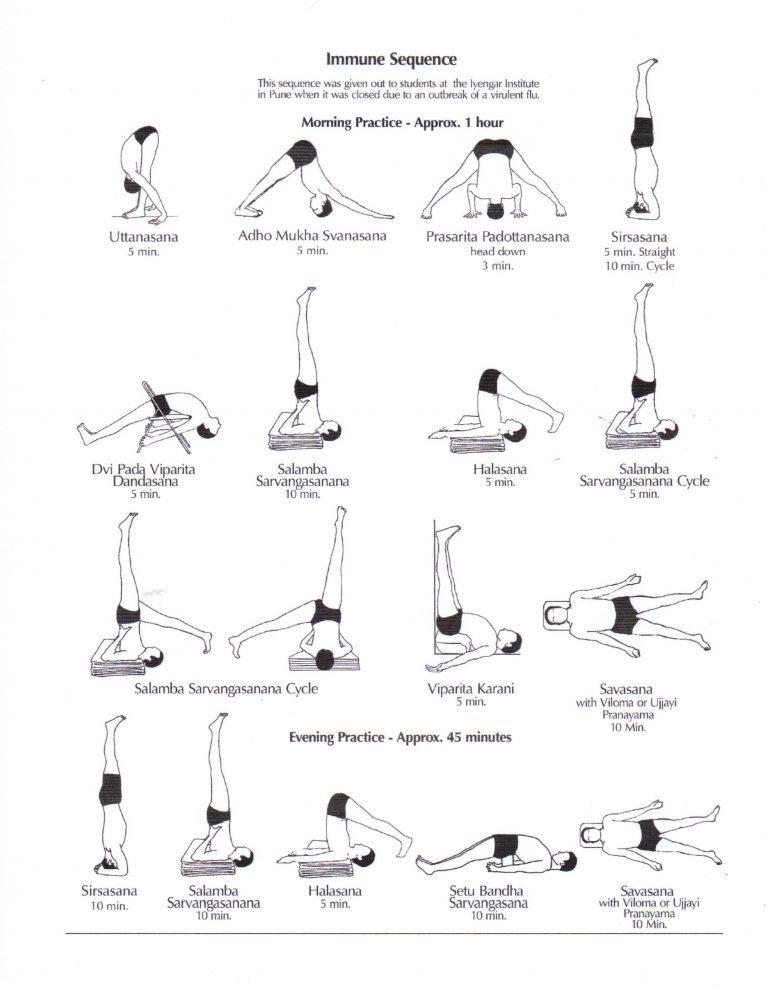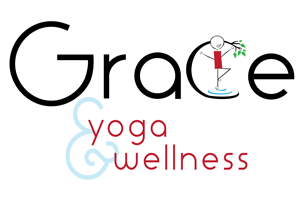Insomnia
According to Wikipedia, insomnia is a sleep disorder where people have trouble sleeping, falling asleep, or staying asleep. This disorder can be short-term (lasting only days or weeks) or long-term (lasting more than a month). Those suffering from insomnia may also suffer from day-time sleepiness, low energy, irritability, low immunity, and even depression. By some estimates, up to one-half of all people are suffering from some amount of insomnia every year! Some might argue that this is a disease of modern times, but many descriptions from the ancient Greeks sound just like insomnia, too.
Many of you know of the large project my family took on in 2016. This large project was a new yoga studio and I have been thinking about those memories again. There were many kinds of tasks with many different monetary values associated with them. There were logistical challenges, as well as plain, old, physical limitations. Through all of this, my whole family suffered from insomnia. Shayla had sleepless nights, and there were times that Ryan and I wondered if three hours of sleep would “do it” for the next day. I remembered that there were some side effects to this insomnia, too. I was grumpy, I remember repeating myself, I couldn’t find my creativity, and I was scattered. We had stress for about 60 days while we remodeled, but eventually we god back to a more healthy sleep routine.
Top insomnia instigators:
- Medical Causes – allergies, hyperthyroidism, pain, neurological conditions (Parkinson’s, restless-leg syndrome), sleep apnea, hormone shifts (monthly shifts as well as pre-menopause)
- Medications – cold meds, allergy meds, birth control, heart disease meds, high blood pressure meds, depression meds, pain meds
- Psychiatric Conditions – depression, anxiety, fear
- Life Style – working from home, shift work, taking naps, irregular bedtime/sleeping in,
- Food – alcohol, nicotine, caffeine, heavy meals before bed, spicy food before bed
I just took minimal notes on this subject, but I could not help but to notice that many conditions, as well as their medications cause insomnia! This is a classic case of what is worse, the complaint, or the side effect? It might help you to know that insomnia can be transient (less than one week), acute (lasting 1 week- I month), and chronic (lasting more than 1 month). Any problems with sleep must be addressed, because an acute episode can lead to chronic insomnia. In my family, it seems like we all need different amounts of sleep to function well. The Sleep Foundation says this is true, and there is a range of sleep needed at every age.
- school-age children 9-11 hours of sleep is needed
- teens need 8-10 hours
- young adults need 7-9 hours
- people age 26-64 years need 7-9 hours
- people over 65 need 7-8 hours of sleep each night.
what do you do if you just can’t get good sleep
The Sleep Foundation says, “YOGA”
Yoga helps with better sleep and many of the above listed conditions. A regular (weekly) yoga practice will keep you in balance, and functioning well. The specific yoga poses that are listed for insomnia are Headstand, Shoulder Stand, Intense Forward bend, Seated Forward Bend, Legs-up the Wall, Corpse Pose as well as Specific Breathing practices. If you have questions about how yoga can help with your insomnia, give me a call. I will be happy to meet with you and come up with a yoga plan that will fit your ability 🙂
Other Sleep Hygiene Do’s
- keep a regular sleep schedule every day
- Exercise 30 min every day
- Get plenty of natural light
- Practice a regular bed-time routine
- Take a warm bath or shower before bed
- Use your bed for sleep or sex only, not for TV or work
- go to bed when you are tired
- If you are awake in the middle of the night (for more than 20 min) get out of bed and do breathing practices, yoga stretches, listen to soft music or read. No TV.
 How to keep yourself awake at night
How to keep yourself awake at night
- Drink caffeine or eat chocolate after 11 am
- Drink more than one glass of wine, beer, or other night cap
- Use tobacco products
- Eat a heavy dinner
- Screen time less than one hour before bed
- Take a nap during the day


